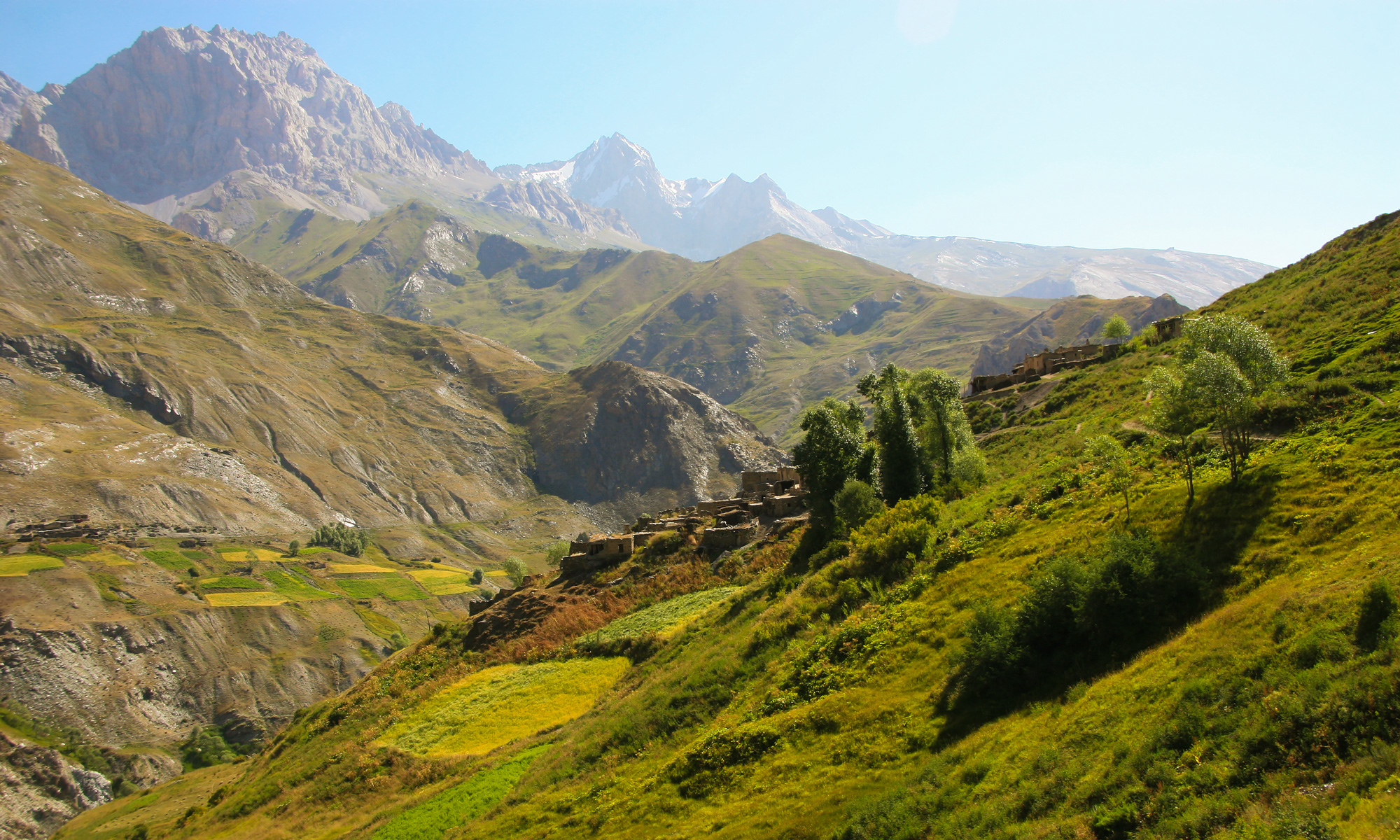“I don’t need much. Just a few tourists, a strong donkey, and the right weather. That’s enough to feed my kids.”— Firdavs, returnee
There’s a quiet kind of pride in Firdavs’ voice. The kind that doesn’t come from riches, but from making something — anything — work.
His village, Bedef is small. In winter, it feels even smaller. The wind howls through the valley, the roads vanish under snow, and life slows to a crawl.
But in summer, the path becomes a trail. And tourists — a few of them — make their way into the mountains, seeking something ancient, something real.
Firdavs is waiting for them.
“I rent out my donkey. I guide them to the glaciers, the ruins. I cook for them sometimes. It’s not much money, but it’s honest.”
He has plans. Modest ones, but ambitious in their own way. A guest room. Better kitchen tools. Sleeping bags. Maybe even a solar panel, if the next season goes well.
“I just need a little help — maybe a loan. Just enough to make things more comfortable for the guests.”
He laughs when you ask if he dreams of leaving Yaghnob.
“No. Why would I? This is where I can build something. Slowly, but with my own hands.”
His kids watch cartoons on satellite TV — “from the whole world,” he says proudly — while he prepares firewood. He knows he could move down to the city. But it wouldn’t be the same.
“There, I’d be nobody. Here, I’m Firdavs from Bedef. Everyone knows me. And I know the mountains.”
What he’s building isn’t just a business. It’s a future. One carried on the back of a donkey, shaped by hospitality, and driven by dignity.
“Let them come. I’ll show them our valley. And they’ll help me send my children to school. This is how we survive now — with grit, not pity.”
